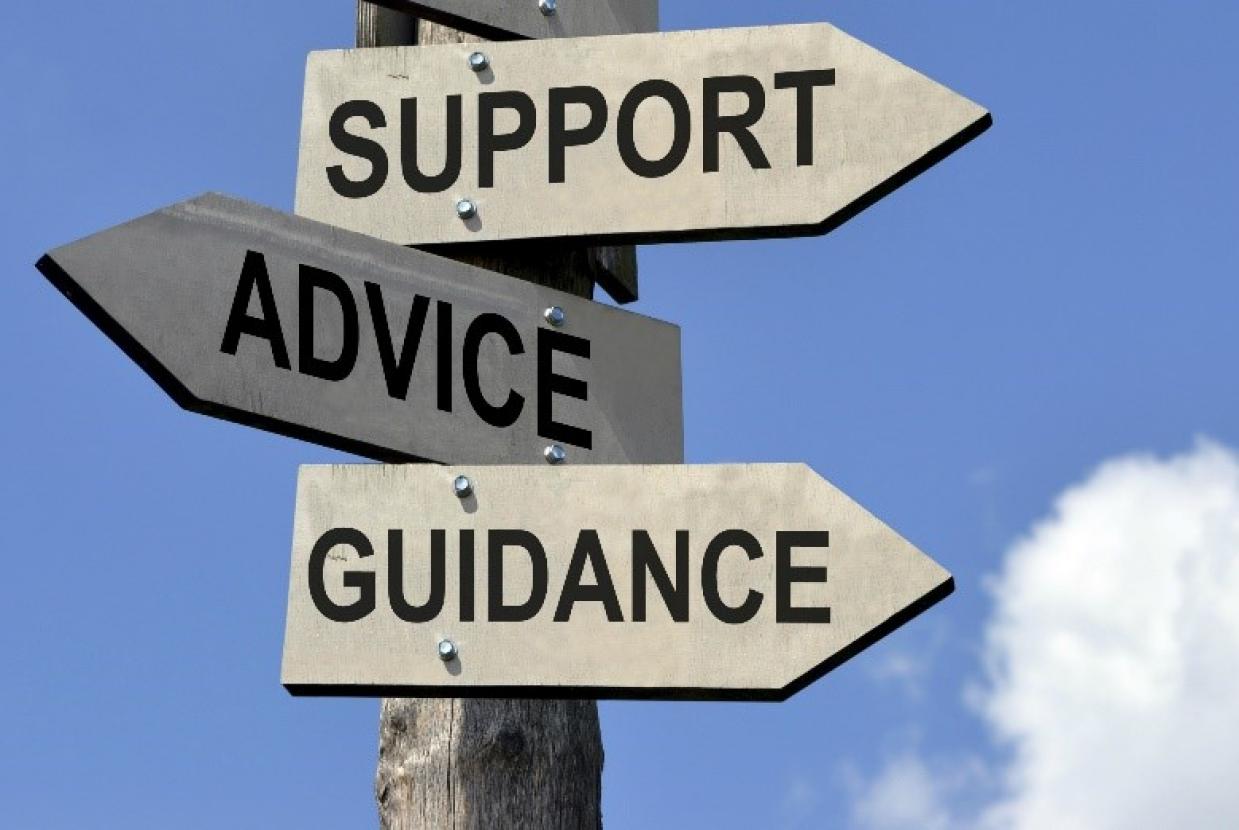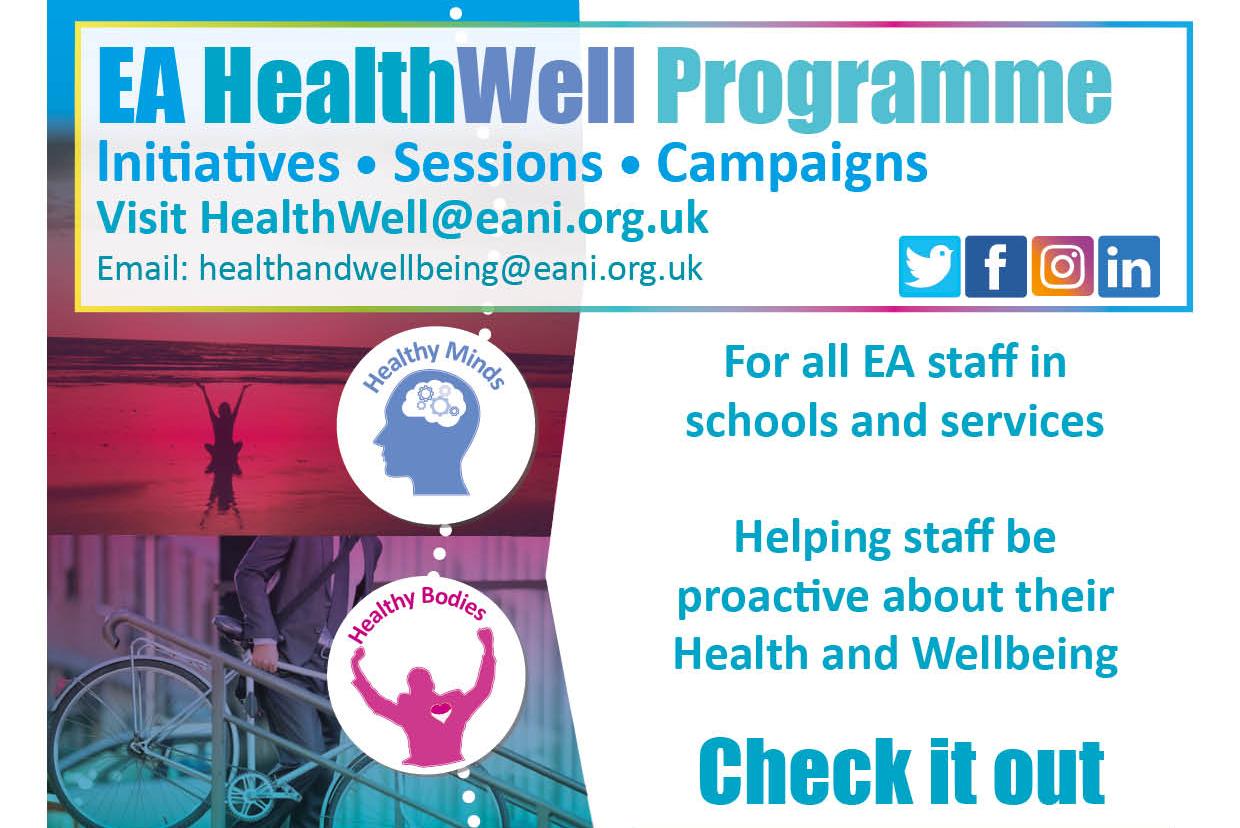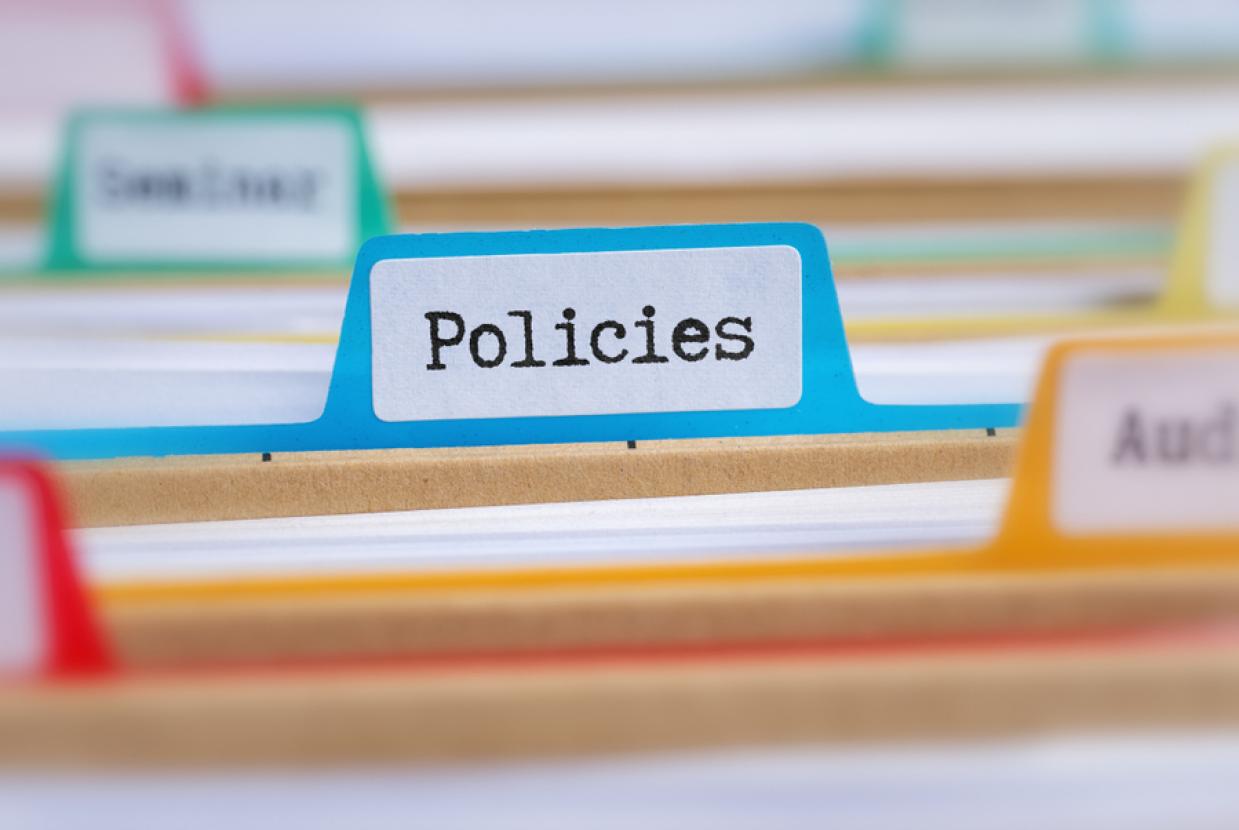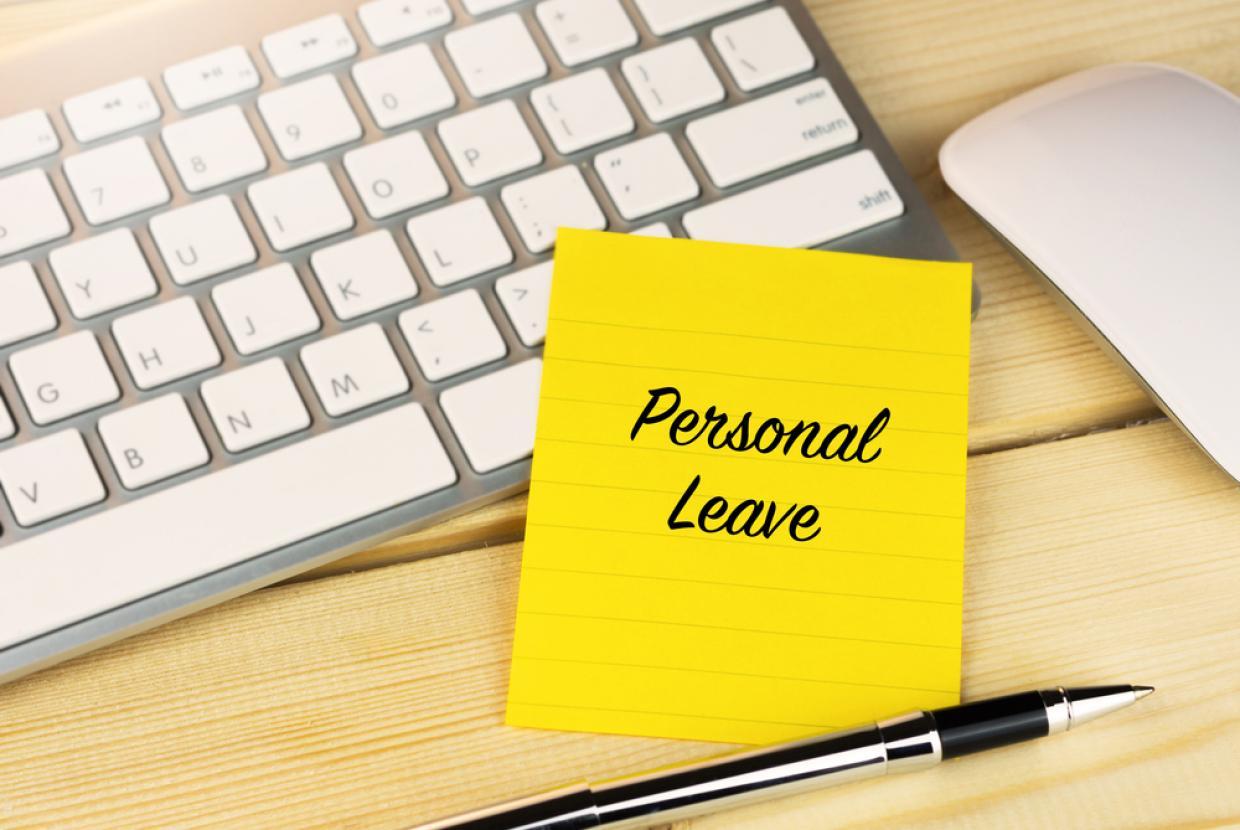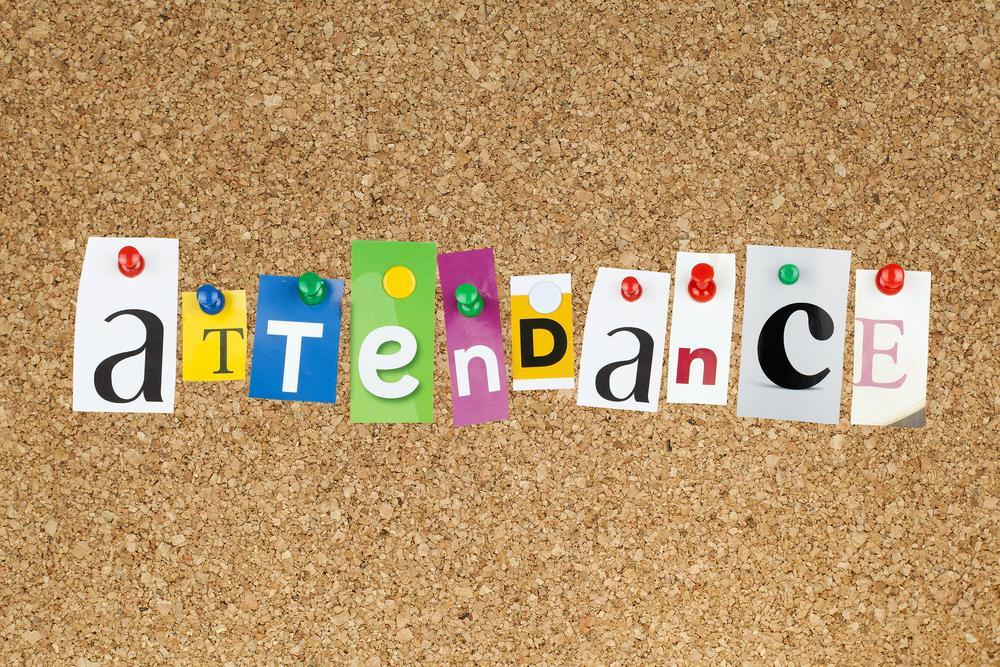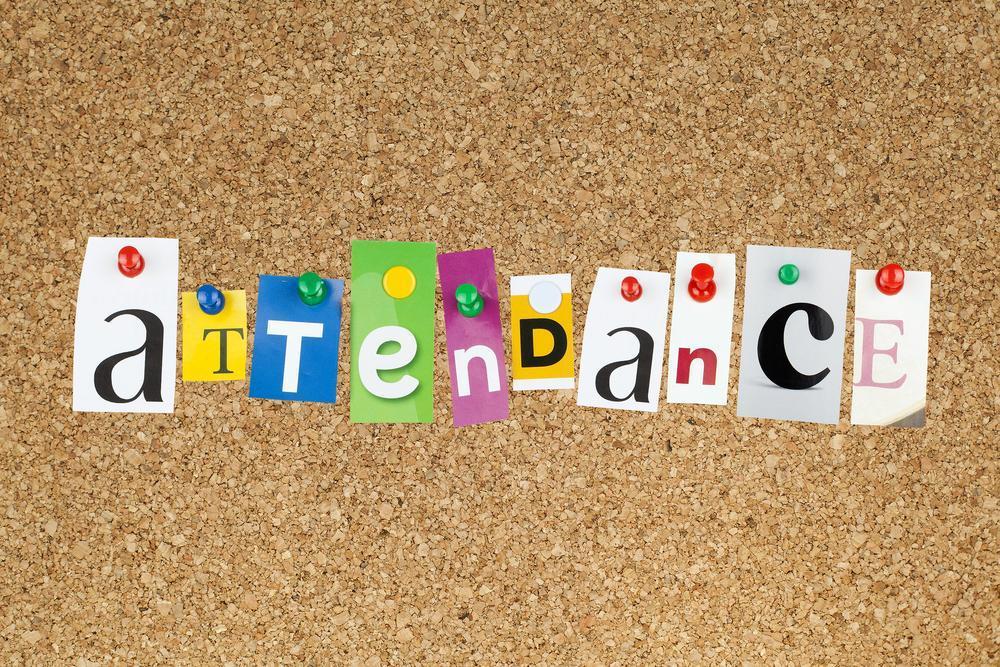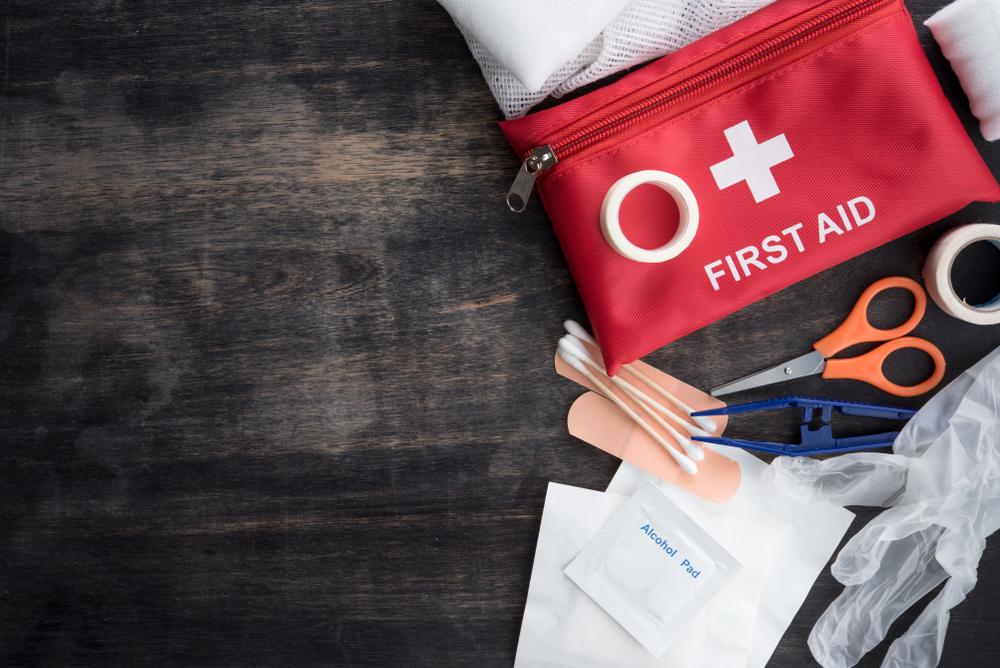Bullying At Work
How to identify if you're being bullied at work, how to stop it, and advice on getting support.
What is workplace bullying?
Bullying can involve arguments and rudeness, but it can also be more subtle. Excluding and ignoring people and their contribution, unacceptable criticisms and overloading people with work are other forms of bullying.
What is workplace bullying?
Bullying can involve arguments and rudeness, but it can also be more subtle.
Other forms of bullying include:
- excluding and ignoring people and their contribution
- overloading people with work
- spreading malicious rumours
- unfair treatment
- picking on or regularly undermining someone
- denying someone's training or promotion opportunities
- using social media to humiliate, threaten or offend
Bullying can also happen in emails or on phone calls.
What effect does it have?
Bullying can make working life miserable. You lose all faith in yourself, you can feel ill and depressed, and find it hard to motivate yourself to work.
Bullying isn't always a case of someone picking on the weak. Sometimes a person's strengths in the workplace can make the bully feel threatened, and that triggers their behaviour.
What can I do?
Find yourself an ally. Don't be ashamed to tell people what's going on. Bullying is serious, and you need to let people know what's happening so they can help you. By sharing your experiences you may discover that it's happening to other people, too.
Get advice
Speak to someone about how you might deal with the problem informally. This person could be:
- an employee representative, such as a trade union official
- someone in the firm's human resources department
- your manager or supervisor
Some employers have specially trained staff to help with bullying and harassment problems. They're sometimes called "harassment advisers". If the bullying is affecting your health, visit your GP.
Stay calm
Recognise that criticism or personal remarks are not connected to your abilities. They reflect the bully's own weaknesses, and are meant to intimidate and control you. Stay calm, and do not be tempted to explain your behaviour. Ask them to explain theirs.
Talk to the bully
The bullying may not be deliberate. If you can, talk to the person in question as they may not realise how their behaviour has affected you. Work out what to say beforehand. Describe what's been happening and why you object to it. Stay calm and be polite. If you don't want to talk to them yourself, ask someone else to do it for you.
Keep a diary
This is known as a contemporaneous record. It will be very useful if you decide to take action at a later stage. Try to talk calmly to the person who's bullying you and tell them that you find their behaviour unacceptable. Often, bullies retreat from people who stand up to them. If necessary, have an ally with you when you do this.
Make a formal complaint
Making a formal complaint is the next step if you can't solve the problem informally. To do this, you must follow your employer's grievance procedure.
What about legal action?
Sometimes the problem continues even after you've followed your employer's grievance procedure. If nothing is done to put things right, you can consider legal action, which may mean going to an employment tribunal. Get professional advice before taking this step.
Where can I get help?
Let your manager or union or staff representative know of the problem, or seek advice elsewhere, such as:
- Acas helpline
- Citizens Advice: problems at work
- Equality and Human Rights Commission (EHRC)





